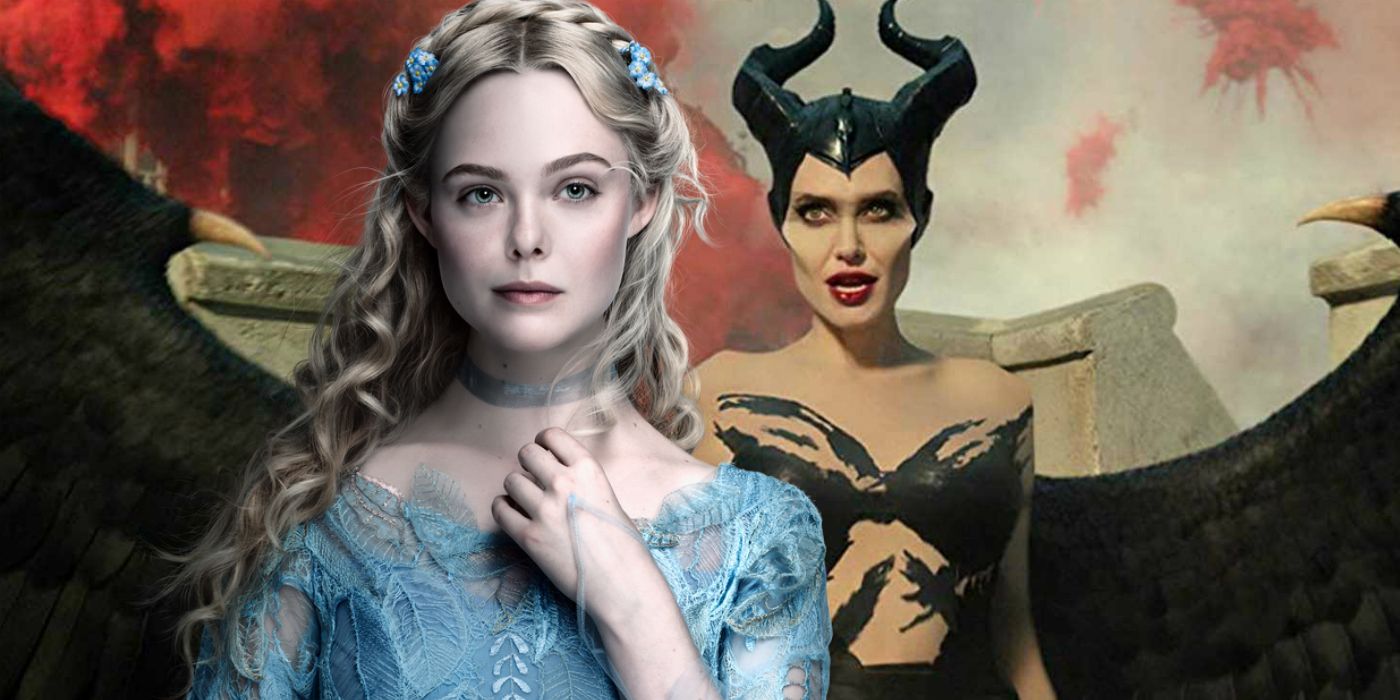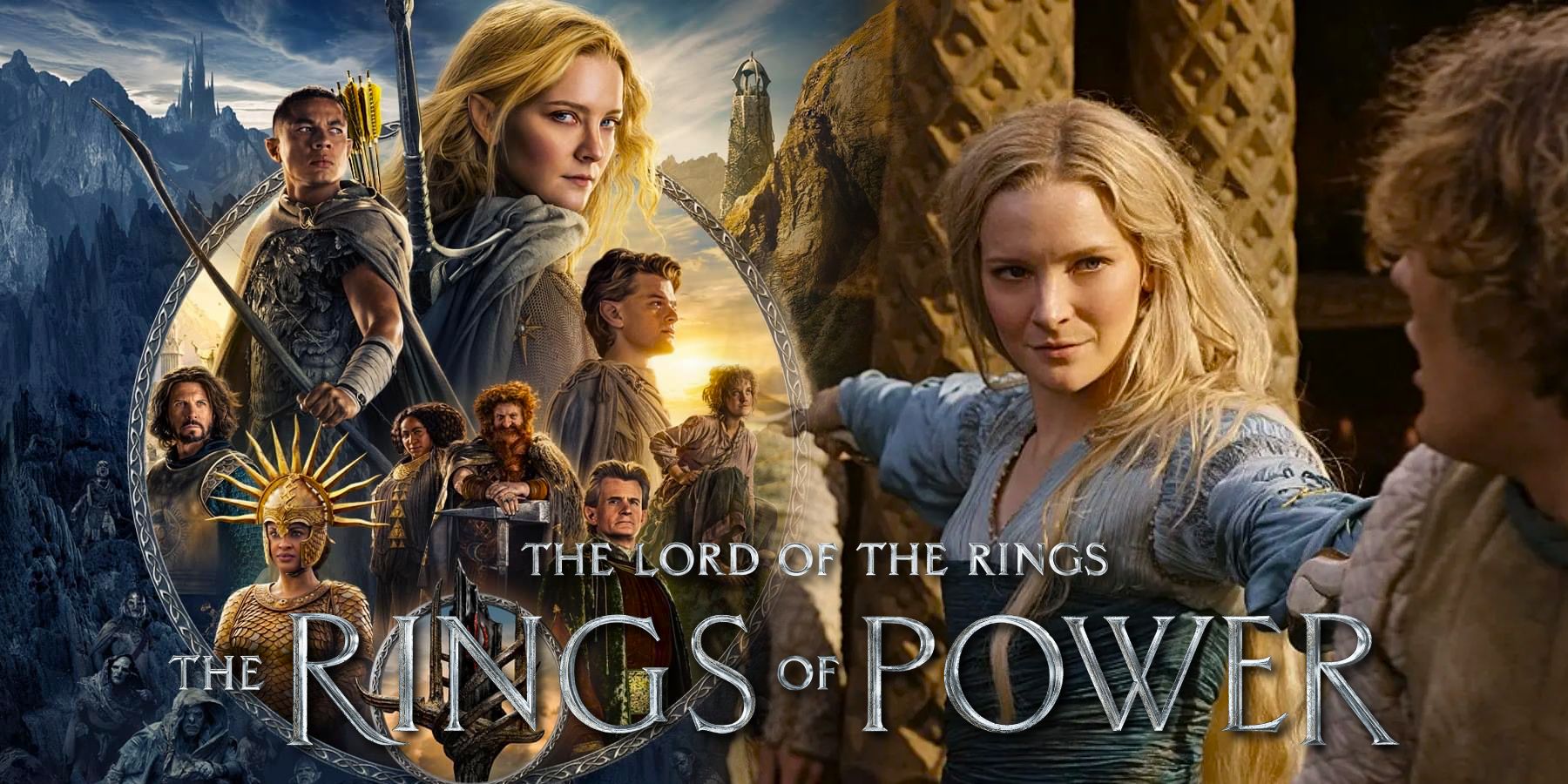The Kaizer: A Dark Crime Saga of Power, Fear, and Vengeance
The Kaizer is a gritty crime thriller that dives deep into the underworld of organized crime, blending themes of power, loyalty, and the inevitable downfall that comes with ruling through fear. Drawing inspiration from classic gangster sagas and modern action-dramas, the film paints a raw and uncompromising portrait of a man who rises from the shadows to become a legend—and the enemies who gather to bring him down.
The story revolves around Viktor “The Kaizer” Kruger, a ruthless crime boss whose reputation for cruelty and cunning has earned him both fear and respect across the criminal underworld. Once a soldier raised on the brutal streets of Eastern Europe, Viktor climbed his way to power through sheer force, manipulation, and an unshakable will to dominate. When the film begins, The Kaizer sits at the peak of his empire, controlling drugs, weapons, and human trafficking networks that stretch across continents. Yet, his empire is far from stable. Rivals plot in the shadows, allies begin to question his iron grip, and law enforcement inches closer to dismantling his syndicate.

What makes The Kaizer compelling is not only its violent spectacle but also its exploration of morality within a corrupt world. Viktor is portrayed as both monstrous and human—an ambitious man scarred by war and betrayal, driven by the belief that power is the only way to survive. Beneath the surface, however, lies vulnerability: the fear of losing everything he has built and the guilt of the lives he has destroyed along the way. His relationships—with his estranged son, his loyal enforcer, and a mysterious woman from his past—serve as emotional anchors in a narrative otherwise dominated by bloodshed and betrayal.
The film is steeped in atmosphere, with cinematography that emphasizes stark contrasts: neon-lit nightclubs where deals are made, desolate warehouses where violence erupts, and lavish mansions that mask the rot of criminal wealth. Every setting reflects The Kaizer’s dual world—glamour and brutality coexisting side by side. The action is raw and uncompromising, favoring realistic shootouts, close-quarters combat, and tense standoffs that highlight the fragility of even the most powerful man when surrounded by enemies.

Character dynamics are central to the story. The Kaizer’s most trusted lieutenant, a man known only as Anton, becomes both his shield and his conscience, struggling with loyalty to his boss and his desire to leave behind the life of crime. Meanwhile, Interpol agent Lena Voss emerges as Viktor’s primary adversary, determined to dismantle his empire and haunted by the personal cost of her crusade. Their cat-and-mouse relationship fuels much of the narrative tension, raising the question of whether justice or power will prevail.
Thematically, The Kaizer deals with corruption, legacy, and the inevitability of downfall. It asks whether a man who builds his life on violence can ever escape the consequences of his actions, or if the crown he wears is nothing more than a target painted on his back. The title itself—The Kaizer—is symbolic, suggesting imperial dominance but also foreshadowing the eventual collapse of any empire built on blood.
In the end, The Kaizer delivers more than just a crime drama. It is a tragic tale of ambition, paranoia, and the fragile line between power and ruin. With its mix of action, drama, and moral complexity, the film stands as a gripping reminder that in the underworld, no king rules forever.



